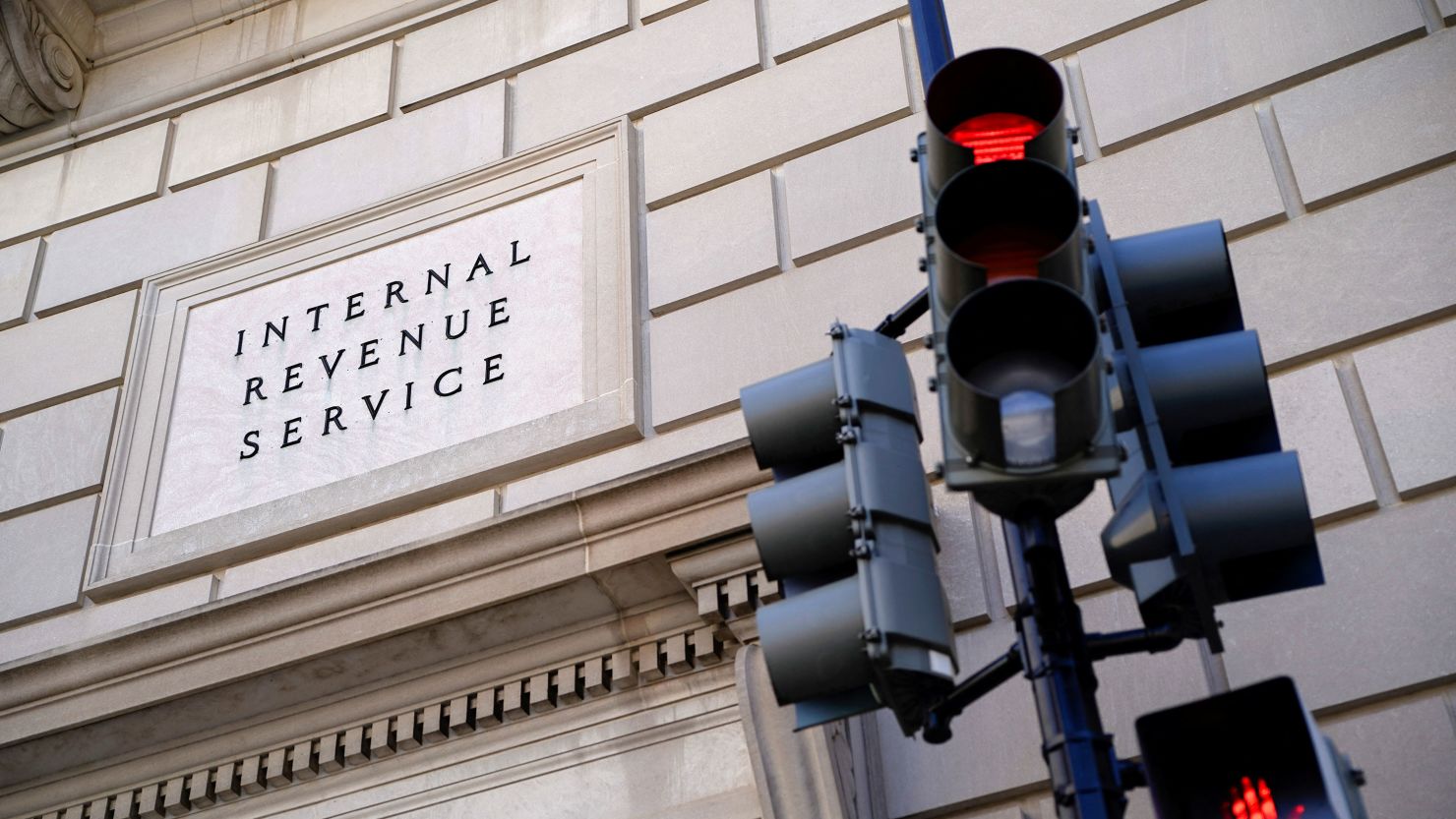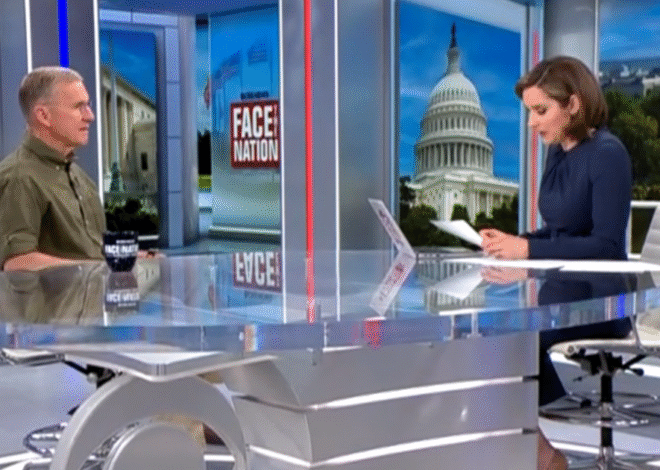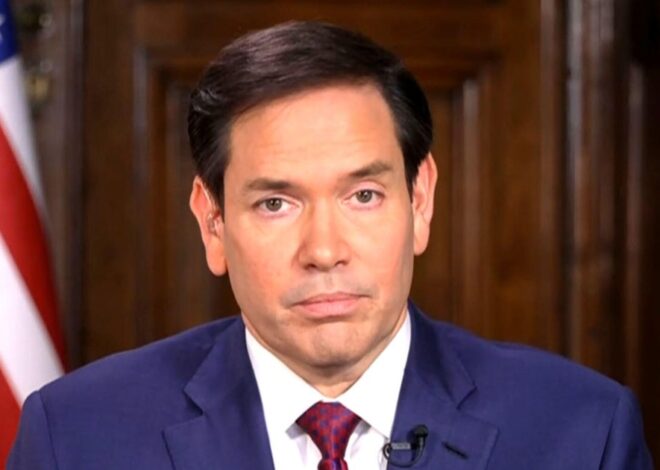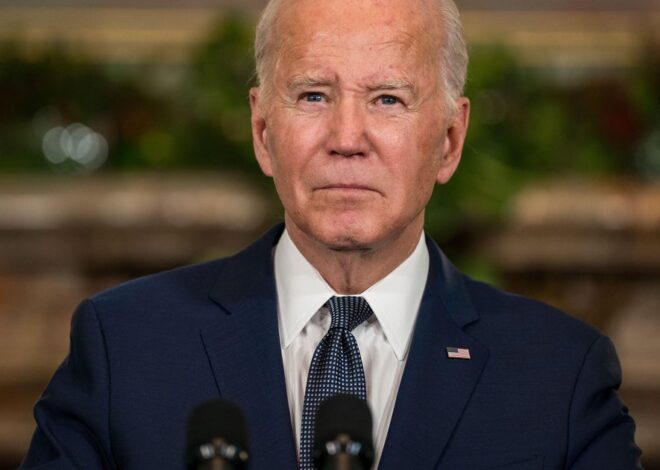
Trump Threatens Harvard’s Tax-Exempt Status — But Can He Really Revoke It?
President Donald Trump has once again directed attention toward Harvard University, this time promising to revoke its tax-exempt status — a move that would, frankly, test the limits of executive influence over the IRS.
It’s not that educational institutions haven’t lost their tax-exempt designation before — they have — but never because a president openly demanded it. The Internal Revenue Service is structured to operate independently of political winds. Whether or not that insulation still holds is, perhaps, something we’ll soon find out.
Trump’s argument is that Harvard failed to act strongly enough against antisemitism on campus. As part of that accusation, a task force he created froze over $2 billion in funding to the university, prompting Harvard to file a lawsuit. That’s already in motion. But if the IRS responds by trying to revoke Harvard’s status as a 501(c)(3) nonprofit, we’re likely headed for a legal standoff — one that could stretch on for years.
How the Process Is Supposed to Work
Stripping a university of its nonprofit status isn’t quick. It starts with an audit. Every 501(c)(3), including Harvard, is required to submit public financial disclosures. The IRS would need to formally contact the university and conduct a review. If they conclude Harvard no longer qualifies, the school would be notified, with opportunities for rebuttal and appeal. If unresolved, the issue could end up in tax court, and potentially beyond.
U.S. law explicitly bars the president from steering IRS audits or investigations. It’s detailed in federal statute, underscoring that the tax authority must remain apolitical. During a past conversation with Brookings, former Assistant Treasury Secretary Mark Mazur emphasized that Americans generally trust the IRS precisely because it follows the law — not political orders.
That trust, of course, is fragile. During the Obama years, the IRS faced serious blowback for delaying tax-exempt approval for conservative groups. It sparked a rare bipartisan uproar. Using the IRS as a tool of political retaliation is not just controversial — it’s historically volatile.
A Legal Echo from the Past
There’s a rare precedent for all of this. In 1970, the IRS challenged the nonprofit status of Bob Jones University due to its racially discriminatory policies. The case didn’t resolve until 1983, when the Supreme Court ruled that organizations must operate in alignment with the public good to retain tax exemption. Bob Jones didn’t regain its status until 2017 — long after it dropped its policies banning interracial relationships.
Now, Trump’s grudge against Harvard centers around its diversity programs and refusal to hand over admissions and employment data. The president’s administration reportedly demanded the discontinuation of DEI initiatives. When Harvard declined, Trump publicly called for its nonprofit status to be revoked.
What Would Happen Without Exemption?
Harvard’s endowment, exceeding $50 billion, may make it appear untouchable. But like every major U.S. research university, its operations depend on federal funding and tax exemption. Losing that status would open Harvard to a potentially crushing tax bill — not just from the federal government, but also from Massachusetts.
Even though Harvard has deep political ties — an outsized number of sitting members of Congress are alumni — that might not protect it from pressure. The school’s resistance to Trump’s directives, particularly on DEI, has only escalated the tension.
There’s also irony here. Trump’s now-defunct Trump University was a for-profit venture sued for fraud — and eventually settled. By contrast, tax-exempt institutions like Harvard are bound by law not to endorse political candidates or lobby for legislation.
Tax Policy and the Bigger Picture
The Trump administration previously introduced a 1.4% excise tax on large university endowments, including Harvard’s. In 2022, this tax raised $244 million, affecting 58 universities according to the Tax Policy Center. That provision remains in effect, and some lawmakers are considering tightening it further.
Ultimately, trying to use the IRS against an institution like Harvard could become a defining legal moment — much like the Bob Jones case once was. Whether this maneuver is enforceable or just political theater, only time and the courts will tell.



